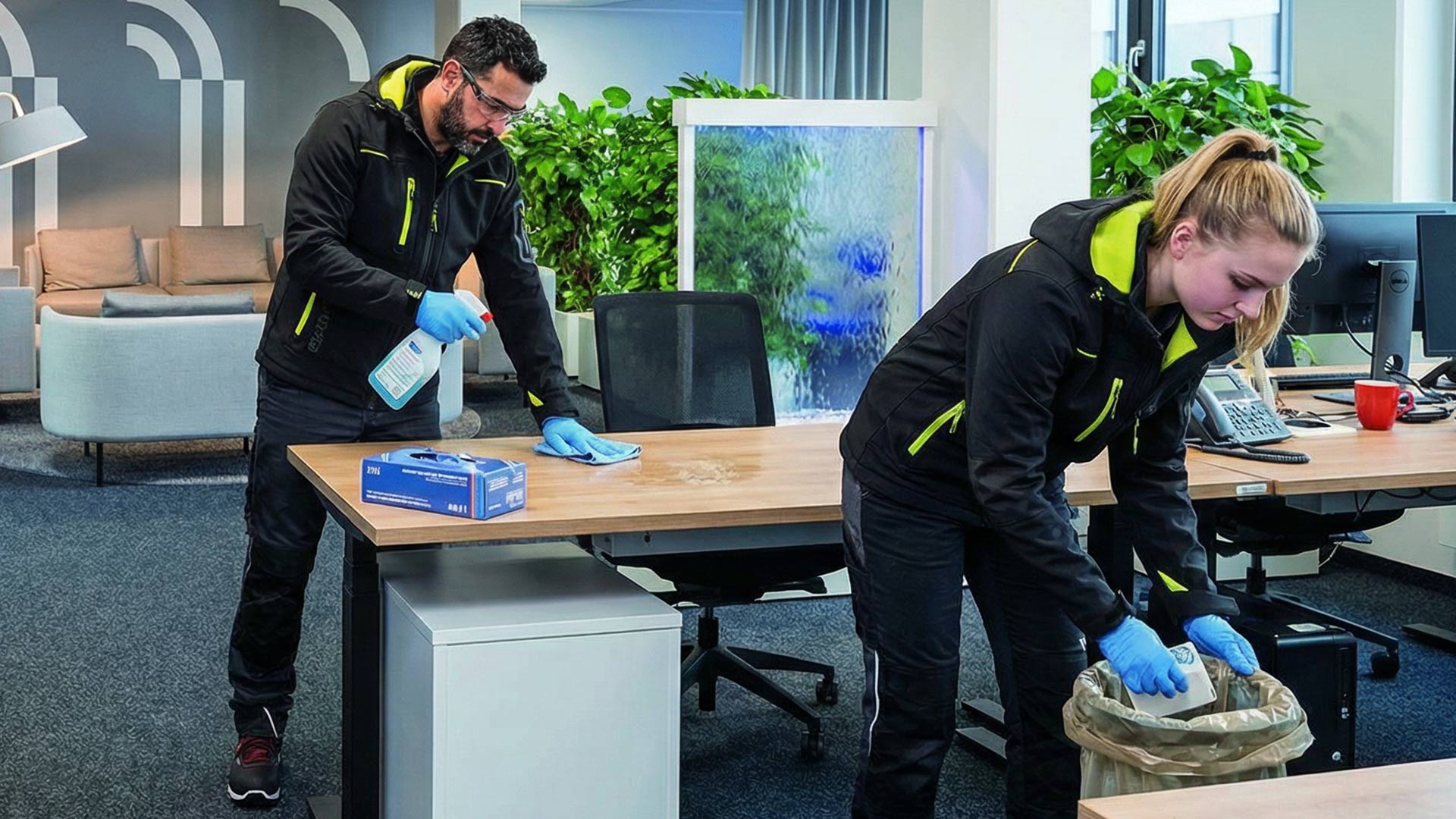The protection professionals are repeatedly asked what can be done about mask dermatitis. But what exactly is it? In this blog, we explain how to prevent pimples caused by wearing a mask.
What is mask dermatitis?
It has been known not only since the Corona pandemic that the permanent wearing of protective masks can lead to skin problems. Especially in the medical sector or in the construction trade, protective masks are worn over a longer period of time to protect oneself and others. But your own skin also needs protection. That's why the protection professionals have compiled the most important tips on the subject of mask dermatitis.
Pimples and that without puberty
As protective masks have become part of our everyday lives, many people have noticed that they cause skin problems or have exacerbated existing skin conditions. But how do you properly care for sensitive facial skin and what can you do to avoid looking like a crumble cake?
"In studies with N95 masks, which are comparable to FFP2 masks, skin symptoms were found in 35 percent of people who were worn daily for more than eight hours." Quote GBHW
Why does the main react sensitively?
Wearing a mask creates a so-called accumulated heat on the face with a moist, warm environment under the mask. This softens the layer of the skin and promotes the formation of germs. The friction of the mask and bands on the skin also has an effect and can cause dehydration, redness and
Promote inflammation. This can damage the skin barrier. That's why we've put together the most important tips for preventing skin changes.
Protection professional tip 1: Regular mask change
We know from practice that many people wear their masks several times. For purely hygienic reasons, however, we recommend at least one daily change, as the mask is heavily soaked, especially during strenuous activities. In addition, only the strap should be touched when changing the mask to maintain hygiene.
Protection professional tip 2: Take a break between masks
To ensure that the skin can also breathe properly, it is advantageous to take a mask break as often as possible. The BGHW even recommends taking off the mask every 75 minutes and "parking it temporarily" by hanging the mask from the straps to dry it.
Protection professional tip 3: Facial care & skin cleansing
No make-up should be worn under the mask and greasy creams should be avoided. If you want to take care of your skin, we recommend moisturizers or face serums. Above all, the skin, which is very sensitive, especially on the face, should be gently cleansed with lukewarm water before and after wearing the mask. A pH-neutral cleansing milk is particularly suitable for this. Weekly peelings or charcoal masks can visibly alleviate already existing mask dermatitis.
Protection Pro Tip 4: Walks & Healthy Eating
This tip not only helps with mask dermatitis, but also with stress and discomfort, because walks in the fresh air and a healthy diet promote health and help with relaxation. If you work in heated rooms, you also have skin stress from dry heating air, which can be counteracted by this.
Protection professional tip 5: Women and men – one difference.
According to statistics, women are more likely to be affected by mask dermatitis because they are more likely to use makeup, which can clog the pores of the skin. This additionally prevents the facial skin from breathing. In addition, the epidermis layer of women is thinner, as men have a more robust skin texture due to beard growth and daily shaving. The sebaceous glands and pores of women are also often smaller than those of men. Therefore, women should pay more attention to the care of the skin to prevent mask dermatitis.
Important – the following applies in all cases
Anyone who suffers from persistent and/or severe skin complaints on the face should contact a dermatologist immediately to rule out an allergic reaction or other complaints.



